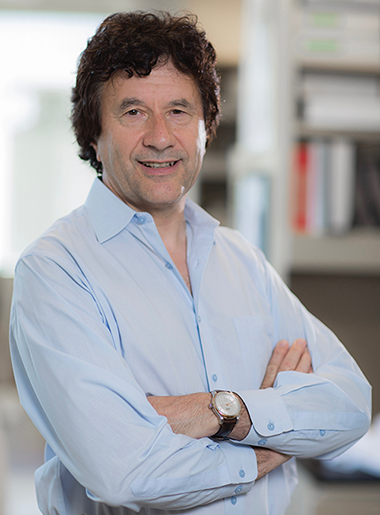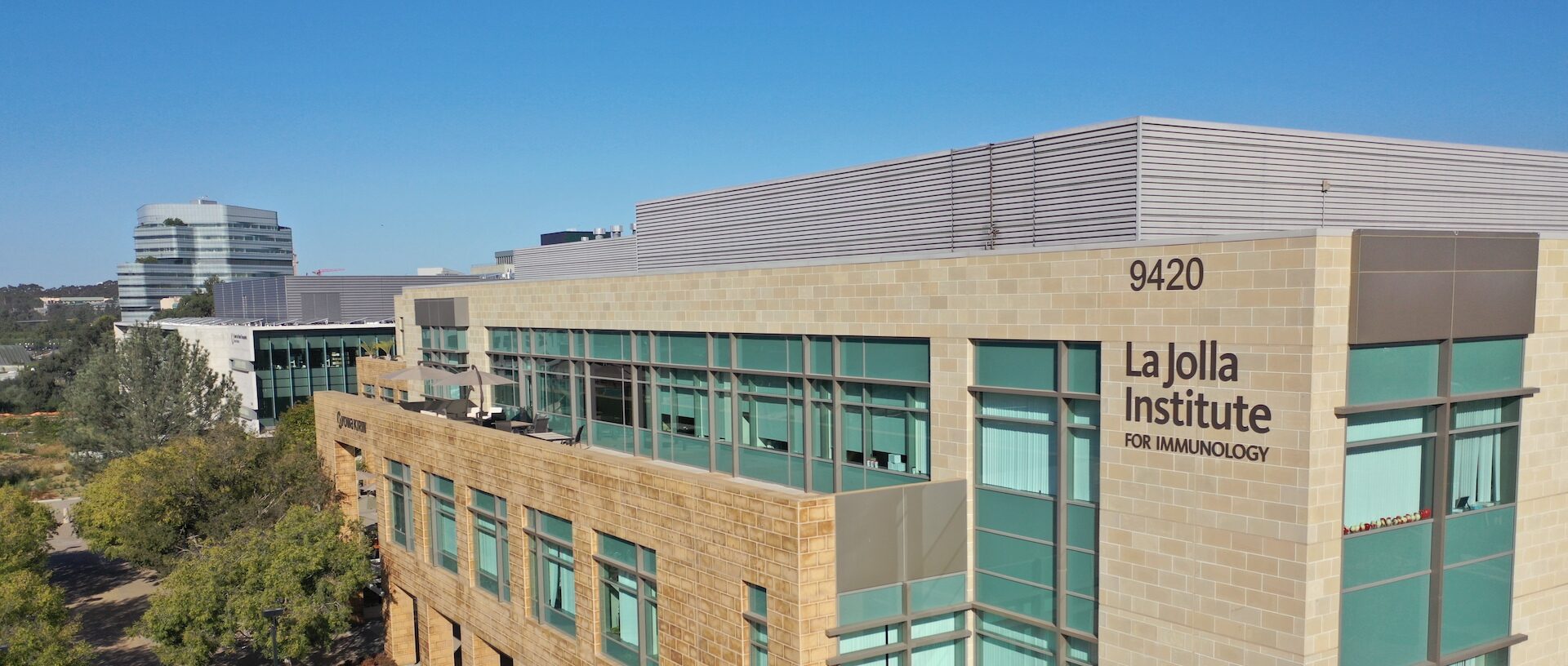LA JOLLA, CA—Klaus Ley, M.D., professor and head of the Division of Inflammation Biology at the La Jolla Institute for Immunology was awarded the Distinguished Scientist designation by the American Heart Association (AHA)/American Stroke Association (ASA).
Ley was recognized for his efforts to develop a vaccine that reduces or prevents inflammation in arteries and, in turn, plaque buildup. If successful, his work will result in the first vaccine to protect against heart disease, the deadliest disease of our time.
“Klaus’ vaccine research is the result of his ability to see things differently,” says Mitchell Kronenberg, PhD, president and chief scientific officer of La Jolla Institute. “His vision and pioneering spirit allowed him to combine seemingly unrelated concepts and come up with a clever and potentially game-changing approach to treating heart disease. Klaus embodies the best qualities of a creative scientist and is richly deserving of this honor.”

In receiving this distinction, Ley, a pioneer in vascular immunology, joined “a prominent group of scientists and clinicians whose work has importantly advanced our understanding of cardiovascular diseases and stroke,” according to the American Heart Association. Created in 2003, the award recognizes AHA members for significant, original and sustained scientific contributions that have advanced the association’s mission of “Building healthier lives, free of cardiovascular diseases and stroke.”
Ley received his medical degree from the Julius-Maximilians-Universität, Würzburg, Germany, in 1982. Dr. Ley began his postdoctoral training from 1983 to 1987 at the Freie Universität Berlin, Germany. From 1987 to 1989, Dr. Ley was a visiting research scientist at the University of California, San Diego and returned to Freie Universität Berlin until 1994, when he joined the faculty of the University of Virginia. From 2001-2007, he was director of the Robert M Berne Cardiovascular Research Center at the University of Virginia.
For his work on neutrophils and monocytes, Ley received the 2009 Bonazinga Award, the highest award of the Society for Leukocyte Biology and the 2010 Malpighi Award, the highest award of the European Society for Microcirculation and Vascular Biology. Among many other recognitions, he is also the recipient of the 2015 Franz-Koehler Inflammation Award, the 1992 Basic Medical Research Award from the Smith-Kline-Beecham Award and the 1986 Abbot Award, also from the European Society for Microcirculation and Vascular Biology.
About La Jolla Institute for Immunology
The La Jolla Institute for Immunology is dedicated to understanding the intricacies and power of the immune system so that we may apply that knowledge to promote human health and prevent a wide range of diseases. Since its founding in 1988 as an independent, nonprofit research organization, the Institute has made numerous advances leading toward its goal: life without disease.


